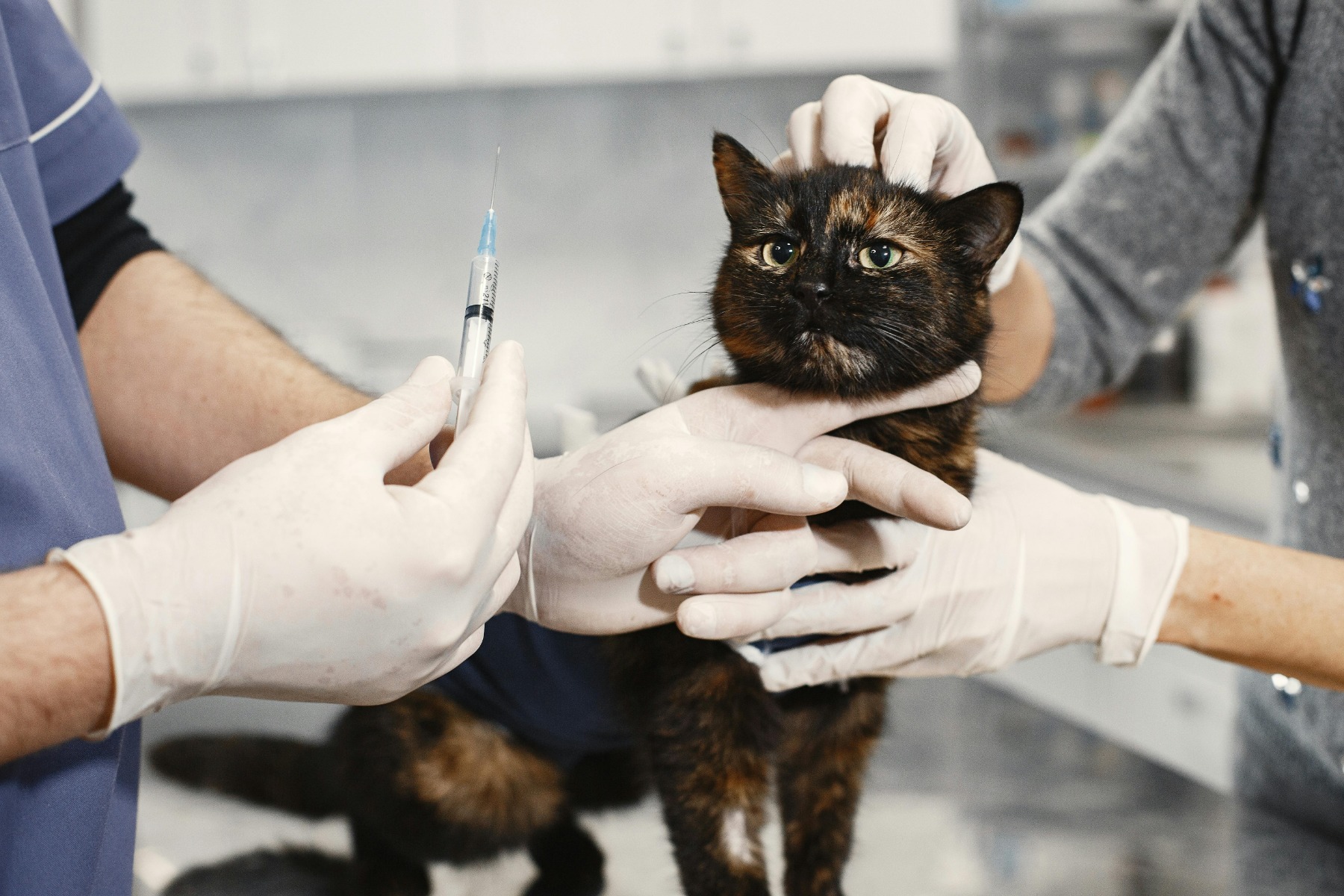As with medicines for humans, it is important that the production of medicines for animals meets the strict requirements of EU GMP directives. Our sterile filtration filters for the production of veterinary medicines are produced in a class 8 cleanroom and are individually tested for their integrity. In addition, they are fully traceable and comply with guidelines such as EC 1935/2004, USP class VI, FDA Title 21 (CFR) and GMP.
Client case of Van Borselen Filters for this application
A customer of Van Borselen Filters, which specializes in the OEM production of veterinary medicines, relies on the quality we offer them. Their business is the (cleanroom) production for third parties. Therefore, many different veterinary medicines come and go at their production location. For more than 12 years, we have been the supplier of not only their sterile filters, but also their non sterile pre-filters. The sterile filters do the real work, which is to ensure a sterile end product every time, cleaned of particles and impurities, such as microorganisms. As a result, the veterinary medicines they produce are not only provided with the best product quality, but also provided with consistent quality and are safe for use. The pre-filters remove the larger particles, so that the sterile final filters have a longer lifespan, which is cost efficient.
Which filters are suitable for the production of veterinary medicines?
It is important that the filters being used provide sterile filtration, namely filters that can filter at, for example, 0.2 μm with a beta 5000 ratio. These filters ensure a very high purity of the final product. Examples include filters with membrane technology that meet the highest quality standards. If you are looking for filters for R&D or other small-scale applications, then the sterile junior range filters are extremely suitable. These filters meet the same quality requirements as standard sterile filters, but are smaller and therefore more economically friendly for smaller batches. To give the sterile final filters a longer lifespan, it is advisable to use a pre-filter. These are usually cheaper filters that filter out the coarse particles. That way, the sterile final filters can focus on removing only the smallest particles.
When do you use which products? Below is an overview of all the products you use per process step:
- Filters for steam: porous sintered metal filters, and filter housings.
- Filters for WFI (Water for Injection): PES filters, double-layer filters, RO membranes, and filter housings.
- Filters for compressed air: Prefilters, high-performance filters, PTFE filters, and filter housings.
- Filters for nitrogen (N2): PTFE filters, capsule filters, sterile air filters, and filter housings.
- Filters for storage tanks (surge tanks): Vent filters, PTFE filters, capsule filters.
- Filters for crystallizers: Vent filters, PTFE filters, capsule filters.
- Filters for lyophilization machines: Vent filters, PTFE filters, capsule filters.
- Filters for spray dryers: Vent filters, PTFE filters, capsule filters, coarse filters, sterile filters.
- Aseptic filtration: PES filters, PTFE filters, and capsule filters.
- Filters for clarifying liquids: PES filters, pleated filters, filter modules, and filter housings (PES/pleated and modules).
- Prefilters: Pleated filters and filter housings.
- Machine for separating dry materials: PharmaSep.
For more information about filtering veterinary pharmaceuticals or if you have questions about our products, click the button below to get in touch with us!
We offer support for your entire process.

